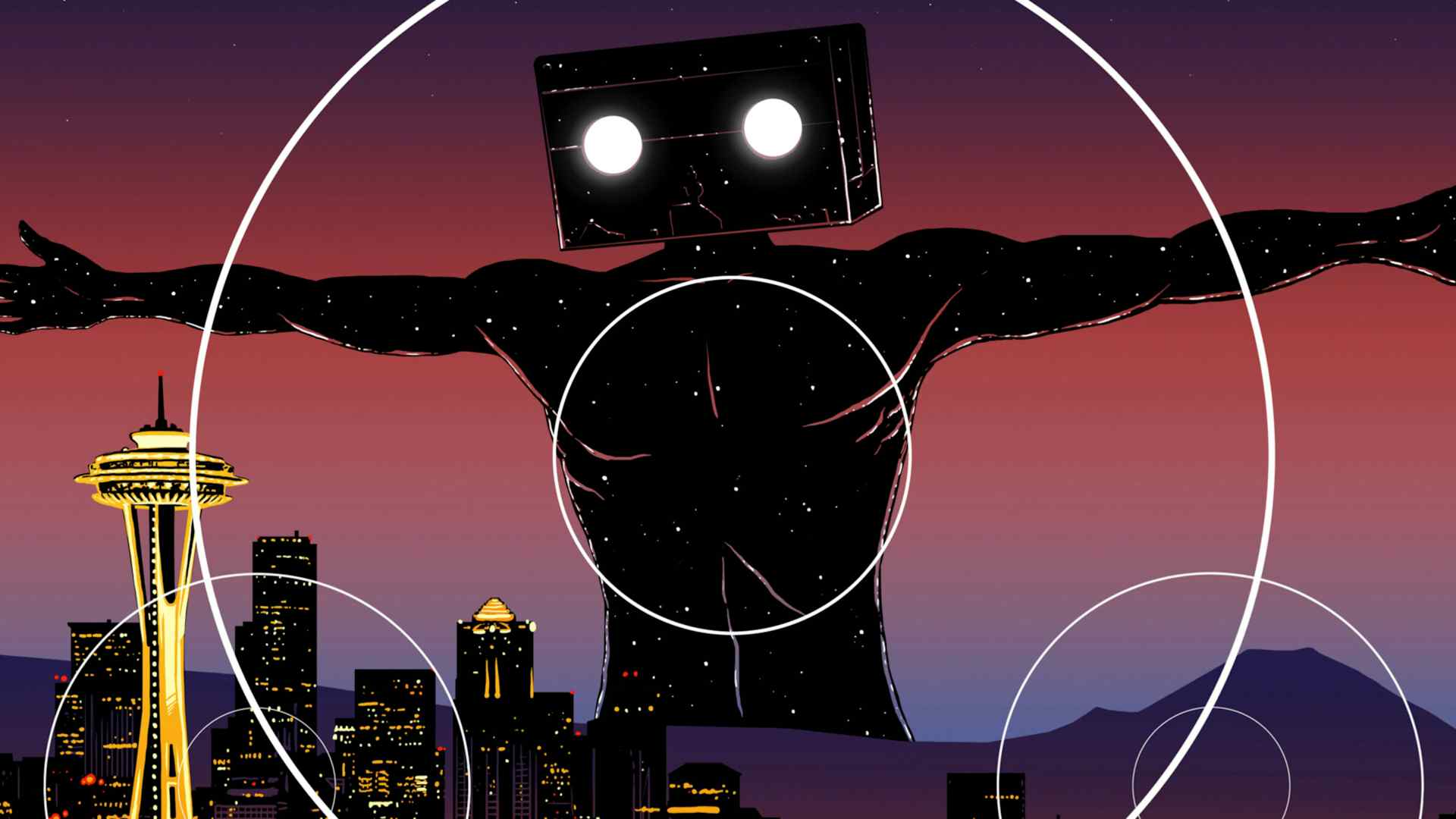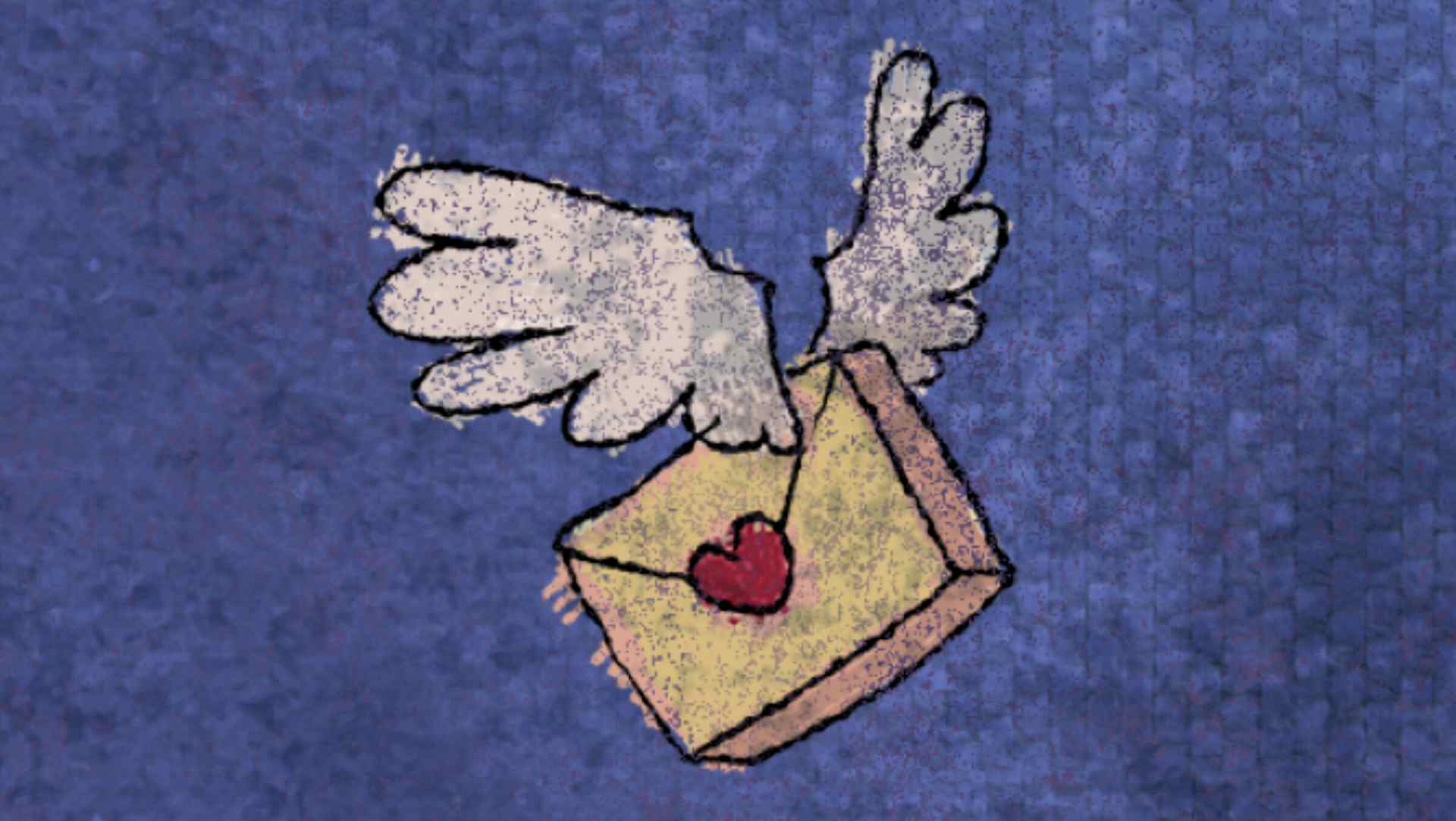
Swimming in a cultural miasma of shame and repression, warm and viscous like blood, young people often grow up with an isometric fascination with/repulsion to the veiled, euphemistic, looming category of adulthood that is SEX. Sex is a bodily impulse, a social signifier of desirability, a stand-in for maturity; it is violence and domination or intimacy and belonging. Sex, or the lack of it, can make us monstrous. It can redeem us.
No one feels all of these contradictory externalized impulses and internalized conditioning warring within their own bodies more urgently than teenage girls. In a past spotlight (A Woman in Trouble) we found that nothing disturbs the patriarchy more than a woman's sexual agency of her power that comes with the ability to rule and elicit desire. And so patriarchy uses the logic of capitalism to turn girl's bodies into commodities into property to be possessed, image or object to be consumed - in order to control the uncontrollable. Teenage girls learn early to use their own bodies as currency and to maneuver in the social economy of value disguised as popularity.
O Maidens in Your Savage Season (2019) has four protagonists who embody all of these traits, contrasting the terror that follows a girl as she takes her first step into a carnal world against the resentment held by those whose first step was taken for them.
In a personal favorite, Rumbling Hearts (2003), we see how sex becomes a currency of communication sometimes a toxic one adolescence and/or forces us back into arrested development.
Sometimes, as in the case of Tomie (1998) or Ginger Snaps (2000), that burgeoning sexuality and resentment bursts forth in the form of a malicious supernatural entity wreaking vengeance.
In the infamous School Days (2007) we see a hyperdramatized version of when and how our attachment wounds, figuratively & literally.
Watamote's (2013) Tomoko is all the parts of awkward teenage girlhood that are viscerally painful to relate to laid bare with a frankness often reserved for stories about adolescent boys.
Dear Brother/Onii-sama e (1991) depicts its prestigious all-girl private school as a thinly veiled class-based hierarchy pitting its students against one another (original writer Riyoko Ikeda was famously a member of the Japanese Communist Party).
Freeway (1996) is like if Little Red Riding Hood drank gasoline.
And then, some women are just built differently; Yamata of B-Gata H-Kei (2010) blasts past the fiction of virginity in search of experience. She wants what she wants except that sometimes it's a process of elimination to figure out what exactly that is.
If there's anything to take away from this collection of titles, it's the resilience of teenage girls and the fact that there's strength to be found in both cynicism and innocence.



